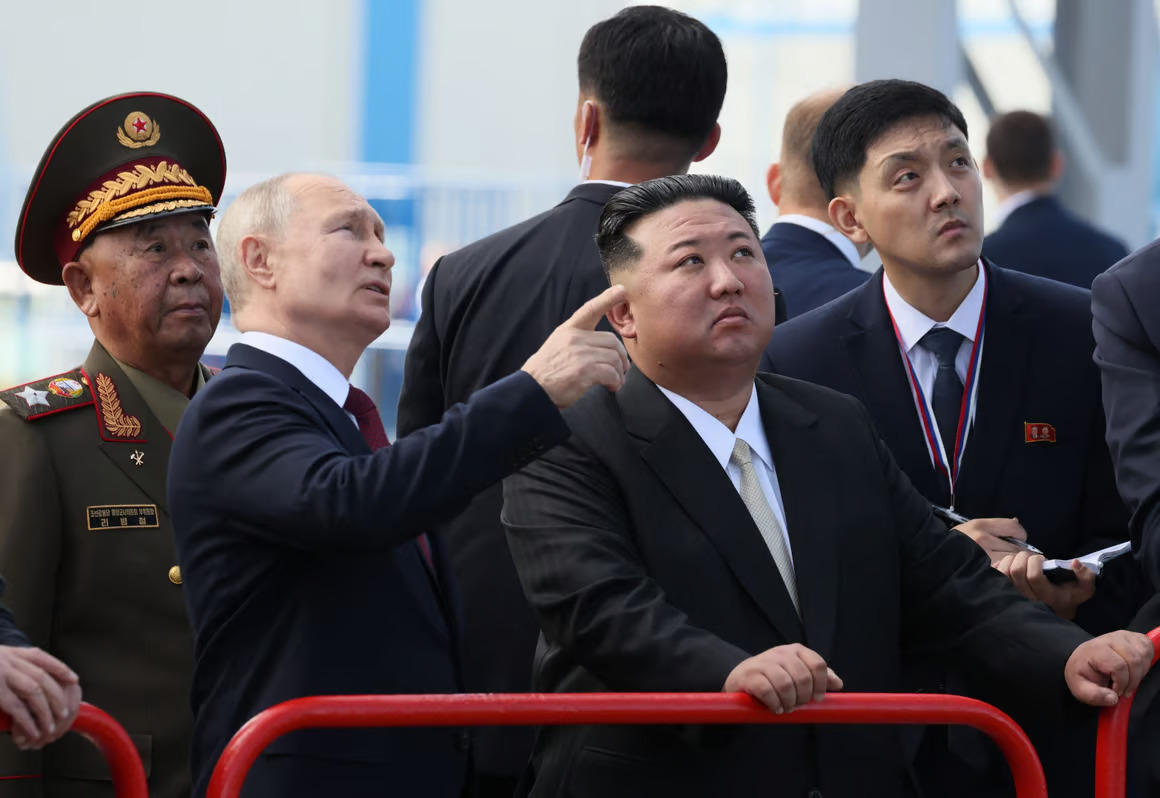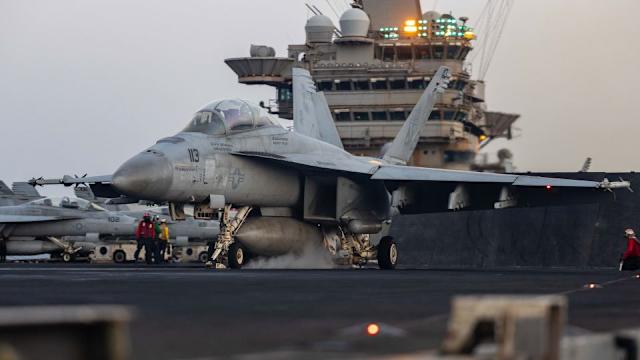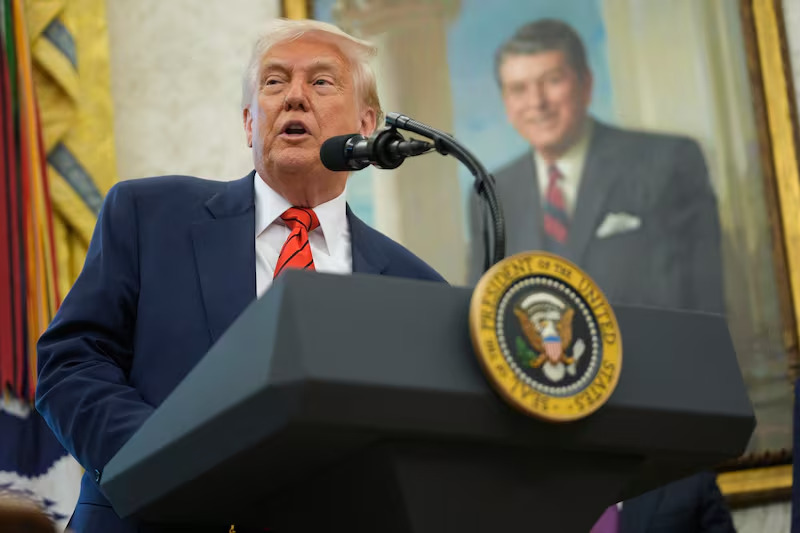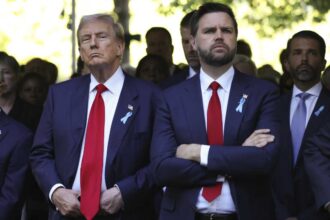North Korean leader Kim Jong Un is urging his military factories to ramp up artillery shell production, according to state media, as Pyongyang deepens its controversial support for Russia’s war in Ukraine.
During recent visits to undisclosed weapons and machinery factories, Kim praised efforts that reportedly doubled the country’s annual artillery output.
He encouraged further expansion, calling artillery production “critical” to enhancing North Korea’s combat readiness. He also ordered the development of more advanced machinery to keep up with demand.
The official Korean Central News Agency (KCNA) did not directly reference North Korea’s support for Russia, but the timing of the remarks comes amid growing reports of Pyongyang sending arms and troops to aid Moscow.
South Korean intelligence estimates that about 15,000 North Korean soldiers are now in Russia, with nearly a third of them either killed or injured in combat against Ukrainian forces.

READ ALSO: Colombia Arrests 217 Gulf Clan Members Amid Cartel Violence and Police Killings
In April, North Korea acknowledged its troop presence for the first time, stating they had helped Russian forces retake territory in the Kursk region.
Russian President Vladimir Putin has thanked North Korea for its involvement, signalling a closer alliance between the two isolated regimes.
Analysts say North Korea’s acknowledgement is part of a strategy to solidify long-term ties with Moscow in exchange for military technology—potentially including drones, air defense systems, and satellite know-how.
Such support could dramatically increase the threat posed by Kim’s already formidable nuclear arsenal.
South Korean intelligence also suggests that Pyongyang has sent thousands of civilian workers to Russia under the guise of industrial cooperation, further tightening bilateral ties.
While there’s no clear evidence of direct cash payments from Russia, experts believe the value of military equipment and tech transfers could run into billions of dollars.















